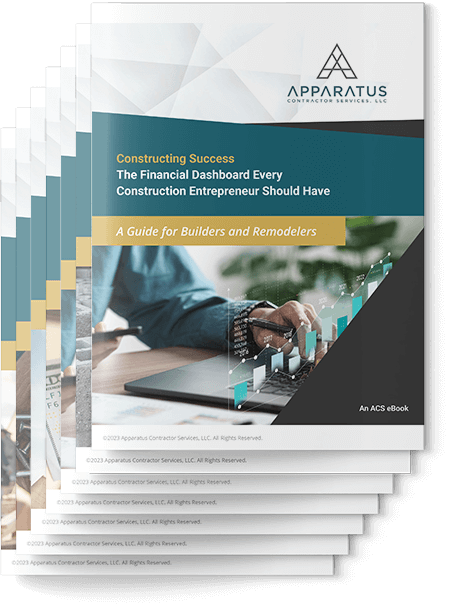You know the importance of a sturdy foundation for any construction project. Similarly, your business needs a financial cushion for those rainy days that are sure to come. While you’re out there erecting walls and laying bricks, it’s easy to forget that cash reserves are just as vital as materials and manpower. In today’s post, let’s discuss how you can build and maintain sufficient cash reserves to make your construction business unshakeable.
The Importance of Cash Reserves in the Construction Industry
Bridge the Gap: Cash reserves can help bridge the revenue gap when projects get delayed or canceled.
Weather Unforeseen Costs: Construction often comes with unplanned expenses. A reserve can absorb these costs without derailing your operations.
Vendor and Payroll Security: Reliable cash reserves mean you can pay your subcontractors and employees on time, regardless of client payment delays.
How Much Should You Save?
General Rule of Thumb: Keeping at least three to six months’ worth of operational expenses in reserve is commonly recommended.
Industry-Specifics: Due to the nature of construction work’s seasonal and contract-based nature, you may want to aim for up to a year’s worth of expenses.
Building Your Cash Reserves
Regular Savings: Dedicate a fixed percentage of each project’s earnings towards your cash reserve.
Windfalls: Unexpected high profits or a large contract can also provide a great opportunity to bolster your reserves.
Loans and Lines of Credit: While not a replacement for cash reserves, a pre-approved line of credit can supplement them in emergencies.
Making Your Money Work
High-Yield Savings Accounts: Keep your reserves in an easily accessible but interest-bearing account.
Short-term Investments: Some construction business owners opt for short-term, low-risk investments like Treasury bills for a portion of their reserves.
Smart Spending and Bookkeeping
Avoid Non-Essential Spending: Distinguish between “nice-to-have” and “need-to-have” when allocating your funds.
Keep Tabs: Use specialized construction industry bookkeeping software to track your reserves and other financial metrics.
Revisiting and Adjusting the Reserve
Quarterly Checks: Evaluate your reserves quarterly to see if they align with your changing operational costs and industry trends.
Post-Project Analysis: After the completion of a significant project, assess the state of your cash reserves and adjust your saving strategies accordingly.
Conclusion
Building and maintaining a cash reserve is like constructing a solid foundation for a complex structure. It’s a prerequisite for long-term stability and growth. Pay attention to your construction industry bookkeeping to know when and how to fortify your financial bulwark. After all, it’s not just about surviving the rainy days but thriving in them.
Stay tuned to our blog for more insights on financial planning in the construction sector.
GET THE PROFESSIONAL BOOKKEEPING HELP YOU NEED
Apparatus Contractor Services, LLC provides affordable bookkeeping, payroll, and CFO services exclusively to construction-industry businesses. Let us give you the precision bookkeeping foundation you need to grow a remarkably profitable construction business. LEARN MORE









